Recently, I had an opportunity to interview Oren Eini, CEO and founder of Hibernating Rhinos which provides RavenDB, an open source document-oriented NoSQL designed especially for the .NET/Windows platform. Oren has more than 20 years of experience in the development...
NoSQL
Recent Articles
5 common mistakes to avoid when de-duping your data
Data is power and with that power comes great responsibility. One of the biggest obstacles in data is identifying duplicates and de-duping. The aim of data-deduplication is to eliminate any redundant data in your business. Duplicates are created in all areas of your...
Top 9 database management systems for Joomla’s templates
Have you heard of Joomla Content Management Systems? I’m guessing you have since you clicked the link to this article. But just in case you don’t know, here’s a quick history about it. Joomla! was a part of Mambo until 2005. It then became its own separate thing. And...
Data analysis guide: It’s time to excel by using Excel!
Businesses often make use of Microsoft Excel to input and organize various sets of information. To be precise, there are over 750 million people making use of excel across the globe. Now I am sure you must be quite familiar with excel and have a good grasp on the...
DNA vs modern backup methods: The future of data storage
It’s difficult to wrap one’s mind around this, but it’s now possible to store vast amounts of data on a DNA strand. Isn’t it ironic that so much of the world’s data is stored via computerized data centers that are the result of many years of information technology and...
Bridging RDBMS and NoSQL: Introduction to 2DX UI cluster
2DX is a Web UI framework that consists of in-memory Browser NoSQL and RDBMS hosting Stored Procedure-built JavaScript interpreter. Both NoSQL and RDBMS database components of 2DX follow same Entity-Attribute-Value database schema designed to accommodate serialized...
Constraining Data flexibility in a NoSQL database
Having no constraints in a NoSQL database means complete data flexibility. This sounds appealing at first given the fact that it saves development time by not defining any columns or data types at the time of inception of your collections. But this much flexibility...
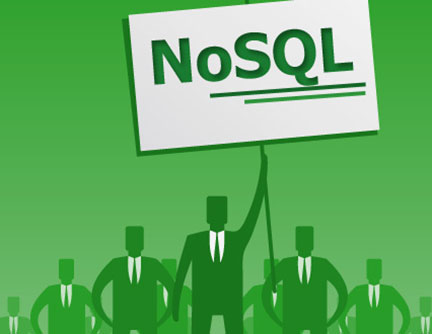
Framework of an Apache Spark Job Run!
Now our the big data analytics community has started to use Apache Spark in full-swing for big data processing. The processing could for ad-hoc queries, prebuilt queries, graph processing, machine learning, and even for the data streaming. Hence the understanding of...
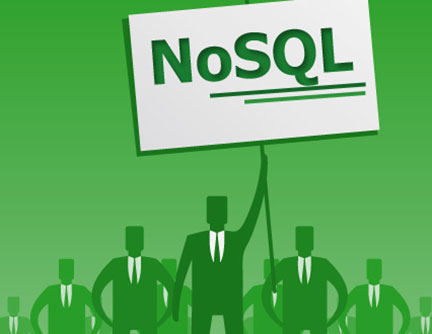
Get ignited by Apache Spark – Part 2
Thanks for your time; I definitely try to value yours. In part 1 – we discussed about Apache Spark libraries, Spark Components like Driver, DAG Scheduler, Task Scheduler, and Worker. Now in Part 2 -we will be discussing on Basics of Spark Concepts like Resilient...
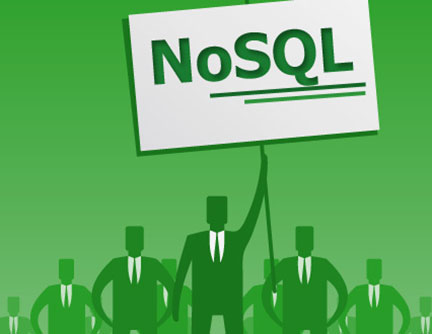
Get ignited with Apache Spark – Part 1
Spark began life in 2009 as a project within the AMPLab at the University of California, Berkeley. More specifically, it was born out of the necessity to prove out the concept of Mesos, which was also created in the AMPLab. Spark was first discussed in the Mesos white...
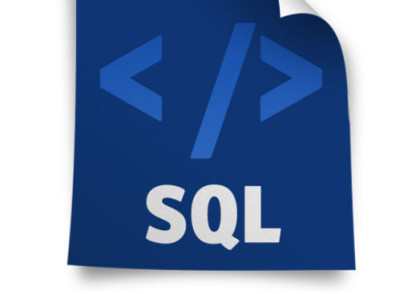
Relational vs Non-Relational data bases – Part 3
In the first and second part of this blog series, we saw some basic differences between the scalability of Relational and Non-Relational Databases. In this post, I will show you how to use these databases correctly, and also tell you about some well-known companies...
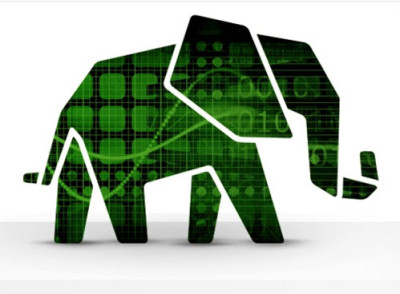
Advantages of NoSQL Databases – Everything you need to know
From the relational databases, that characterized the last two decades and more. NoSQL databases have gained popularity as a better method of data handling, and below are five reasons why: 1. Elastic Scalability In the past, the best DBA services still had to depend...
Top Facebook groups for Analytics, Big Data, Data Mining, Hadoop, NoSQL, Data Science
Facebook may not be a best place for professional, but like in Linkedin, it too has a good number of Big Data groups/communities/public forums that function to spread knowledge about technologies used to mine, manage and analyse data for businesses. This is our...

Deep dive into NoSQL: A complete list of NoSQL databases
NoSQL is an alternative to traditional relational databases in which data is placed in tables and is useful for working with large sets of distributed data. It is designed to accommodate a wide variety of data models, including key-value, document, columnar and graph...

Exploring the world of data: A complete list of Big Data blogs
This list contains almost all frequently-updated Big Data blogs, belonging to a wide range of categories: Data Science, Data Analytics, Business Intelligence, Machine Leaning, Data Visualization, Data Mining, NoSQL, Hadoop etc. The blogs are arranged alphabetically....
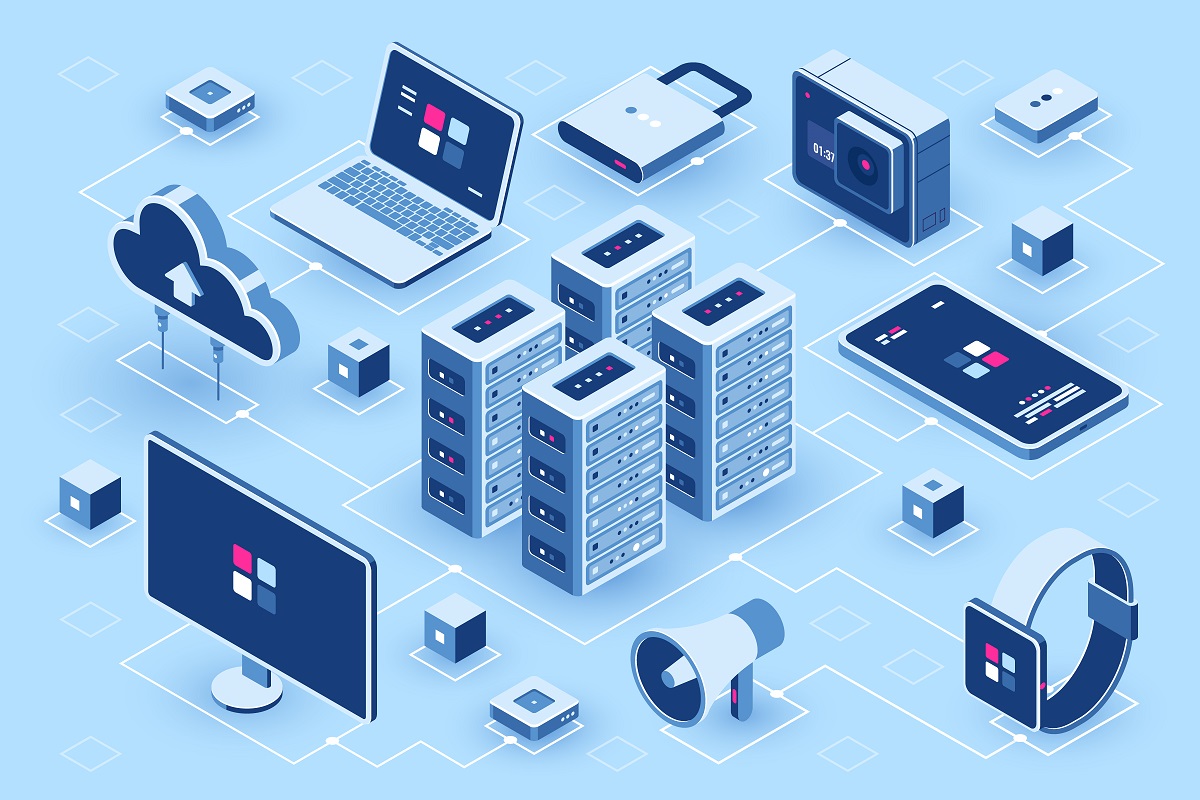
Top five advantages and challenges of NoSQL
For a quarter of a century, the relational database (RDBMS) has been the dominant model for database management. But, today, non-relational, "cloud," or "NoSQL" databases are gaining mindshare as an alternative model for database management. In this article, we'll...
5 fun facts you may not know about HBase!
Here are some facts you may not have known about HBase: 1. Many companies have had HBase in production for 3+ years: Large technology companies including Trend Micro, EBay, Yahoo! and Facebook, and analytics companies RocketFuel and Flurry depend on HBase for many...

Top 18 free and widely used, open source NoSQL databases
NoSQL is a new breed of database management systems that fundamentally differ from relational database systems. These NoSQL databases do not require tables with a fixed set of columns, avoid JOINs and typically support horizontal scaling. They are also referred to as...
Relational Vs Non-Relational databases – Part 2
In my previous post, we have seen some fundamental differences between Relational and Non-Relational databases. In this post, let's talk about Scalability of these two. Scalability It is an ability of a system that can easily accommodate the rapid incoming data...
Relational vs. non-relational databases – Part 1
For the past few years, NoSQL or Non-relational database tools have gained much popularity in terms of storing huge amount of data and scaling them easily. There are debates on whether non-relational databases will replace relational databases in the future. With the...
HBase: 5 tips for running on low memory EC2
When running on EC2, you often can't win when it comes to instance types. One of the more cost-effective types available is the c1.xlarge. It has enough CPU to handle compactions, a decent amount of disk, and high network I/O. However, we've found that the relatively...

Big data showdown: Cassandra vs. HBase
In this brave new world of big data, a database technology called "Bigtable" would seem to be worth considering -- particularly if that technology is the creation of engineers at Google, a company that should know a thing or two about managing large quantities of...
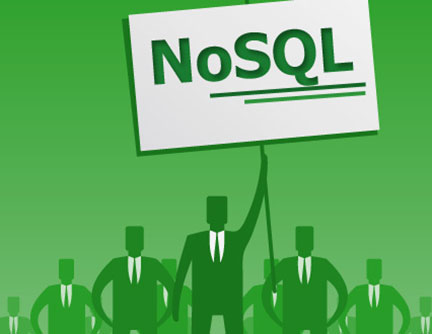
What’s better for your big data application, SQL or NoSQL?
One of the critical decisions facing companies embarking on big data projects is which database to use, and often that decision swings between SQL and NoSQL. SQL has the impressive track record, the large installed base, but NoSQL is making impressive gains and has...
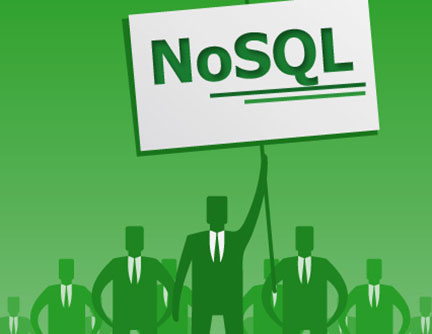
Open source data grows up: Choosing MySQL, NoSQL, or both
Open source data has a split personality. There’s the NoSQL zealot who likes to fire off tirades against the restrictive world of relational databases, then there’s the MySQL devotee who’s a staunch defender of everything structured – with all that data living neatly...

The three most common NoSQL mistakes you don’t want to be making
Like many emerging technologies, NoSQL has gone through a hype cycle that saw widespread implementation followed by decidedly mixed results. The cargo-cult mentality that had everyone jumping on board the non-relational database train has certainly led to some high...
The dirty truth about big data and NoSQL
If I asked you for the defining characteristic of a big data customer, you'd probably say they're sitting on large amounts of data. If I asked for the defining characteristic of a NoSQL customer, you might answer they require high levels of concurrency. Well, if...
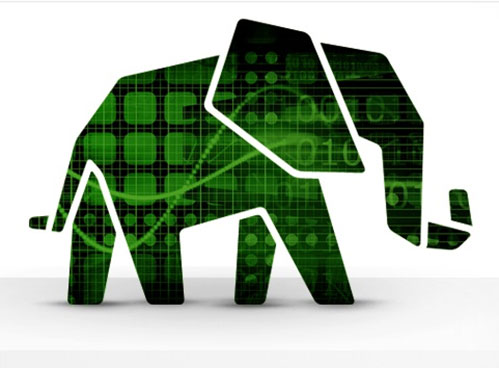
8 Features of a True Enterprise-Grade Platform for Hadoop and NoSQL
Businesses have several options when looking for a Hadoop and NoSQL solution. The advantage of using the right enterprise-grade solution is that it can provide the dependability, ease-of-use, and speed required for real production use. Without these, you can’t deploy...
Data Modeling In The Age Of NoSQL And Big Data
Hadoop Hbase. MongoDB. Cassandra. Couchbase. Neo4J. Riak. Those are just a few of the sprawling community of NoSQL databases, a category that originally sprang up in response to the internal needs of companies such as Google, Amazon, Facebook, LinkedIn, Yahoo and more...
“Mongo DB is the perfect fit… NoSQL in general is a better fit”
MongoDB, the open-source NoSQL database, was recently named "Database Management System of the Year" by DB-Engines – with good reason. DeveloperTech (DT) spoke with Matt Asay (MA), VP of Business Development and Corporate Strategy, about why customers should choose...
Is there a sequel to NoSQL?
The recent news that MongoDB, Inc. secured $150 million of investment capital underscored the fact that open source data is no longer in its infancy. In fact, judging from the marquee names of the investors—including T. Rowe Price and Fidelity Investments—it’s fair to...
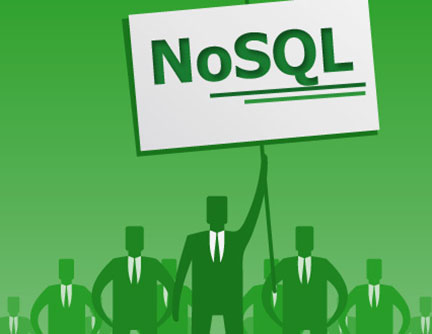
Store and ETL Big Data in the Cloud with Apache Hive
Big Data and cloud storage paired with the processing capabilities of Apache Hadoop and Hive as a service can be an excellent complement to expensive data warehouses. The ever-increasing storage demands of big data applications put pressure on in-house storage...

Is NoSQL less disruptive than we thought and just, well, useful?
Remember a few years ago when all the talk around emerging NoSQL databases was how they’d make history of relational databases any time that scale was an issue? Well, that hasn’t exactly happened yet, and Hummer Winblad Managing Director Mitchell Kertzman has a theory...
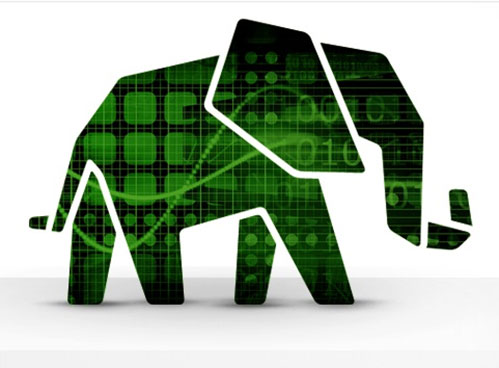
Hadoop Tutorials: Using Hive with HBase
Here is another interesting use case that came up when I was working with one of our clients in the insurance industry. The client had enormous amount of claim data residing in multiple databases in SQL Server which were to be consolidated into one. Some of the...

Data Storage: REST vs. POSIX for Archives and HSM
Here is my working hypothesis: POSIX (Portable Operating System Interface) can’t scale to meet the demand of clouds and big data, but REST (Representational State Transfer) can’t manage and tier data the way POSIX can, but will likely get those features in the next...
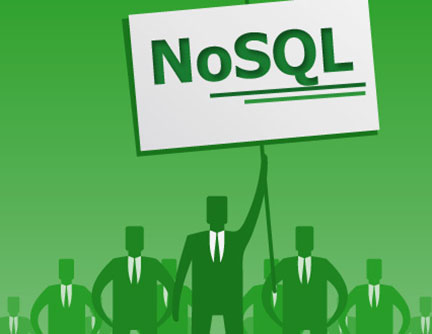
Installation of HBase in the cluster
HBase is an open-source, distributed, versioned, column-oriented store modeled after Google 'Bigtable’. This tutorial will describe how to setup and run Hbase cluster, with not too much explanation about hbase. There are a number of articles where the Hbase are...